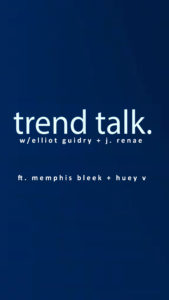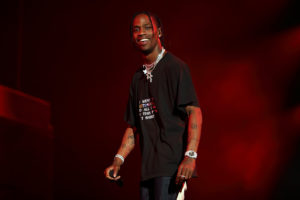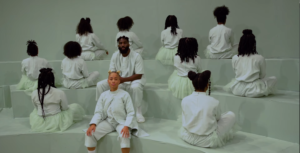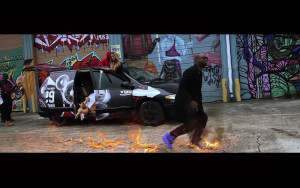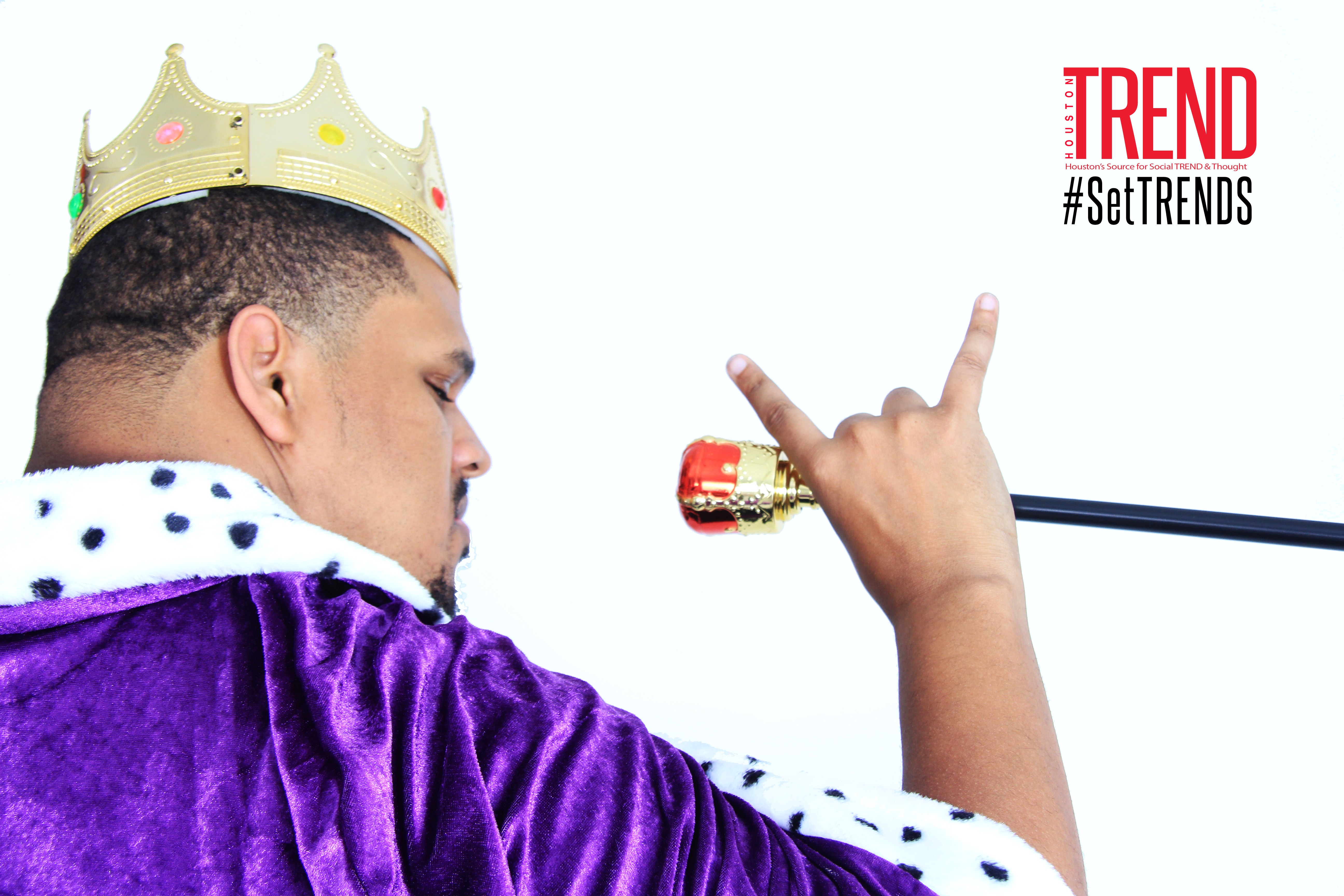(Article) Beatking – The Emergence of a Club God
Written By: Kevin Keise of Houston TREND
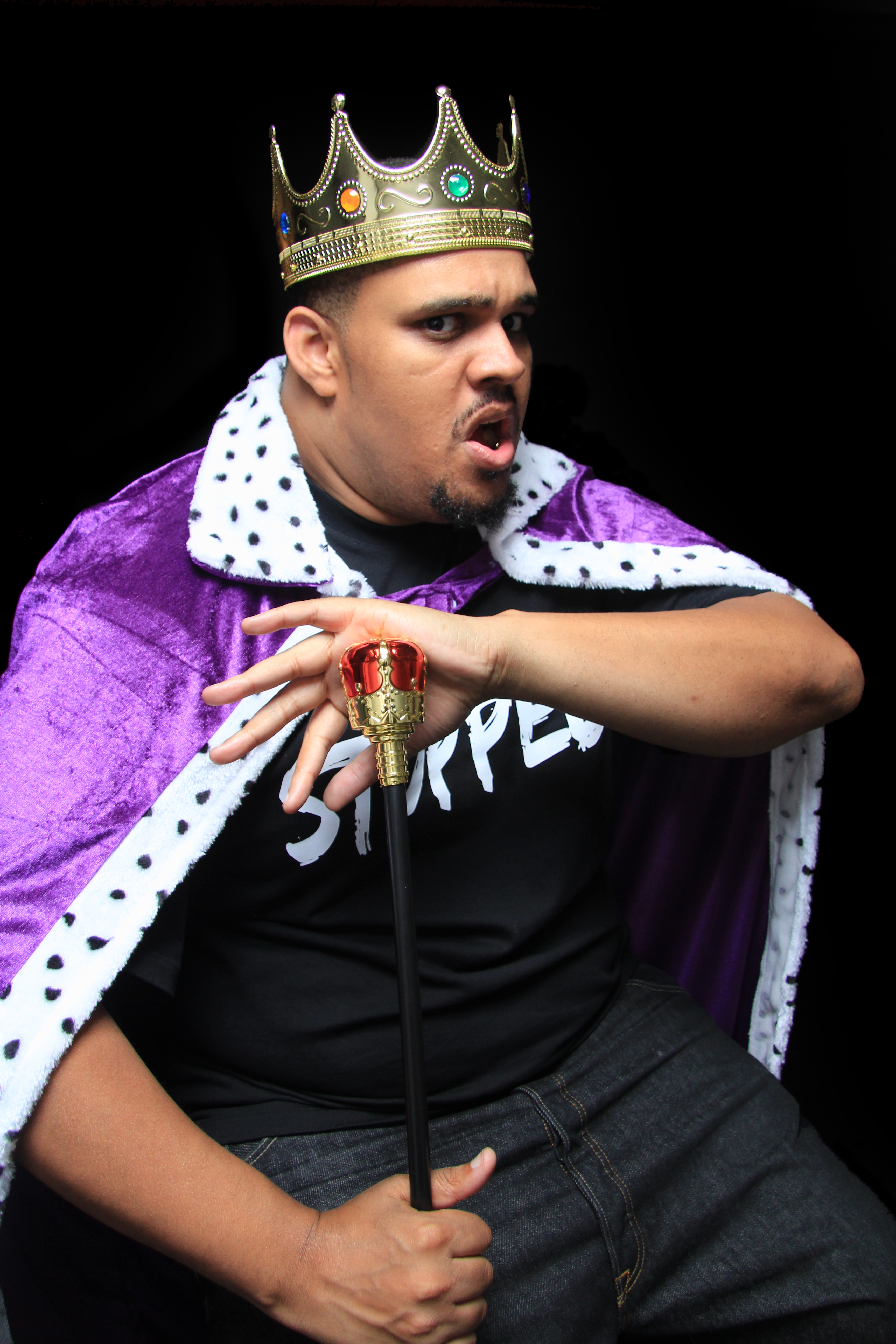 Have you ever wondered where this new age Houston music rooted from? I’m talking about the music that has grownups dancing in the clubs. I mean people have always danced in Houston clubs, but never to Houston music. The “Southside” by H-Town legend Lil KeKe was arguably the only Houston made song people danced to. But that’s not even a club song, it’s more of a culture song.
Have you ever wondered where this new age Houston music rooted from? I’m talking about the music that has grownups dancing in the clubs. I mean people have always danced in Houston clubs, but never to Houston music. The “Southside” by H-Town legend Lil KeKe was arguably the only Houston made song people danced to. But that’s not even a club song, it’s more of a culture song.
As long as Houston has been on the Hip-Hop scene, the city has always lacked the high energy, high tempo-style of music. It took someone Heaven sent to come and bring life to the Houston Hip-Hop culture, something like a God. Now, with four albums, four mixtapes and an EP under his belt, Justin Riley, also known as BeatKing, has become a God.
A Club God that is.
The Club God is responsible for bringing life and energy to Houston and showcasing it in the national light. For years now, BeatKing has been turning up clubs all over the country. He has fans all over the United States and in London. The hybrid producer-rapper first began terrorizing the clubs with his production. He made the beat on “Independent B*****s” for Kandi Red which became a hit. He would soon make a number of classic hits: “Crush,” “Hammer,” “You Aint Bout That Life,” “Throw Dat A**,” “Lil T Jones,” and “Stopped.”
He’s also become a hot commodity on social media with his comical Internet freestyles: “Lil A** N****,” “Ebola,” and “Amber Cole.”
While the world praises Riley as the Club God, his success didn’t come over night and it wasn’t easy. After battling an illness for years, BeatKing’s mother died earlier this year. The natural response for when a loved one dies is to mourn, but BeatKing embraced his mother’s death. Rather than a loss, he took it as relief. “It’s different when you have a mother and then a mother that’s sick,” says BeatKing. “A parent that’s sick, you feel helpless. It pisses you off watching them go through pain every night and every day. When they call you, you know they’re about to call you with some bullsh-t because they’re in pain. You can pay all the bills. You can do all that, but you know they’re in pain, so when they finally pass, on some f—-d up sh-t, you’re happy for them. And I can’t cry because I’m happy for her. She don’t have to go through all that pain.”
 Mind you, Beat King already faced the common struggle for African-American kids by growing up in a fatherless home. While growing up in a single home can effect a child in so many ways, it’s often overlooked because of the commonality in the Black community. But here is the catch with Riley, not only was his father not in his life, his father died in 2007. Picture that, with both parents deceased.
Mind you, Beat King already faced the common struggle for African-American kids by growing up in a fatherless home. While growing up in a single home can effect a child in so many ways, it’s often overlooked because of the commonality in the Black community. But here is the catch with Riley, not only was his father not in his life, his father died in 2007. Picture that, with both parents deceased.
Riley’s father didn’t mean much to him, “My dad was gone too, but me and my father wasn’t close,” said BeatKing on he and his father’s nonexistent relationship. “I don’t hate him or nothing. I probably saw him a combination of three weeks in my whole life.” But he and his mom were different. They shared a special kind of relationship; they were close. She was his inspiration and motivated him to not miss a step. “We was real close,” said BeatKing. “It’s the type of bond we had. She let six, seven, eight loud a– n—–s in the house to four and five o’clock in the morning trying to get this sh-t poppin.” Before his mother passed, during a time when the Club God was struggling severely financially, she left him with some advice that would eventually propel him.
One day in 2009, around September, the lights in BeatKing’s house were cut off. His mother, who couldn’t walk and stuck in her electrical bed, motivated him to make something happen, not for her, but for himself. “I didn’t sell enough beats as I normally sell and I couldn’t pay the light bill on time that month. I was behind on the mortgage and everything,” said BeatKing. “Her electric bed was kind of stuck where she couldn’t get out of it. It was stuck because it worked with electricity and we couldn’t get it to work. I went in the room and I was like ‘I’m sorry. I couldn’t do it this month.’ And she said, ‘This song you’re talking about “Crush” is supposed to be that mother f—–r right?’ I was like ‘Yeah.’ She said, ‘So why are you sitting in the dark with me? You need to go out and push it.’ She was raw like that.”
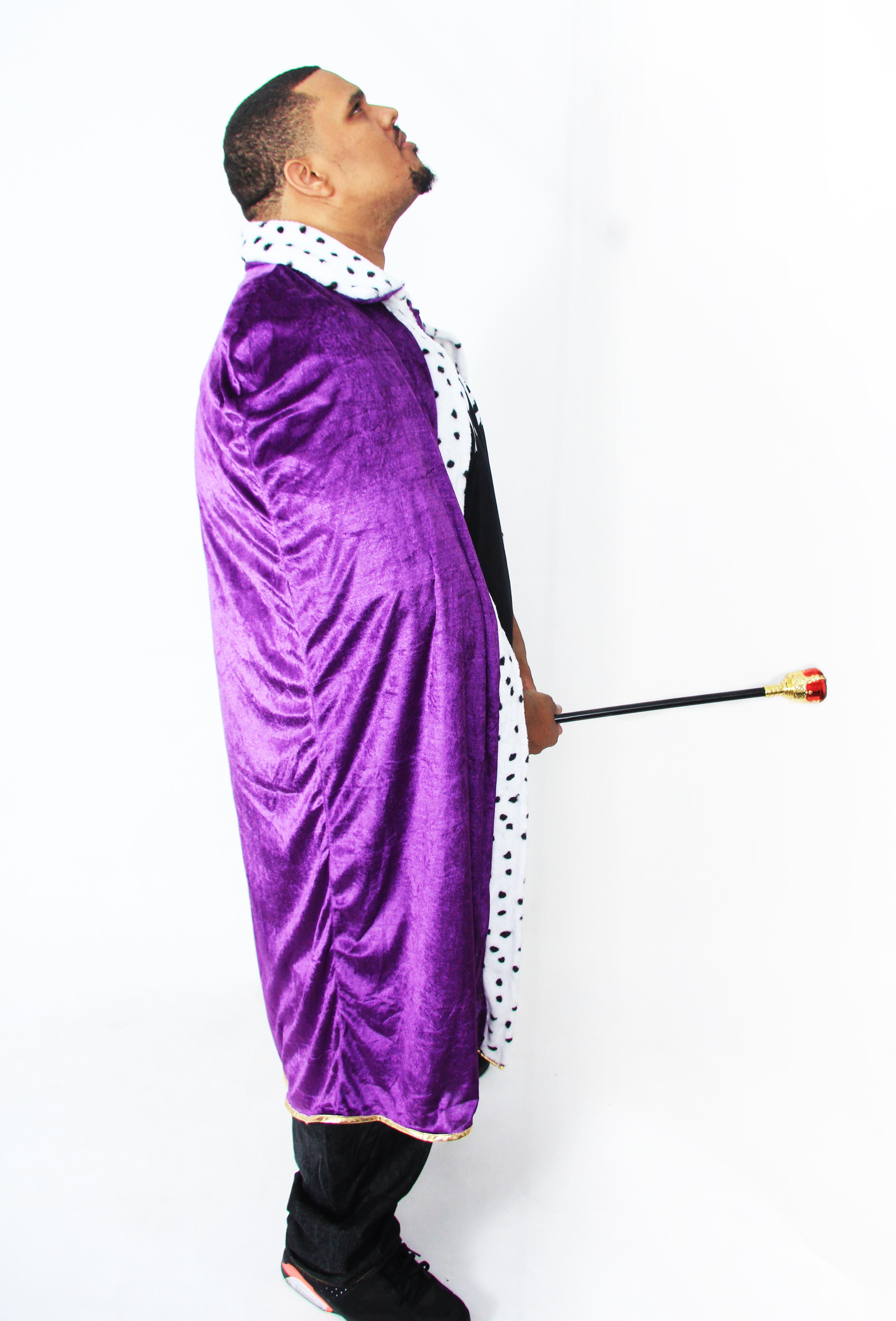 The then 27-year-old took her advice. He linked up with a then 18-year-old DJ Chose, who was a freshman at Prairie View A&M University and who he met on Myspace. And in no time, Houston was fond of BeatKing. “Me and him (DJ Chose) were both trying to get in the game. I let him hear “Crush” and he was like this sh-t goes hard as hell,” said BeatKing. “I told him, if you can, I need your help. I need you to help me get this popping at P.V in the next three months. He said he’ll have it popping in two months.” The song became an immediate hit and this happened in 2009, during a time when Dallas music dominated the Southern air ways. Justin Riley from Houston’s Northside, took note of the impact the sound had in the clubs and brought a similar sound to his hometown.
The then 27-year-old took her advice. He linked up with a then 18-year-old DJ Chose, who was a freshman at Prairie View A&M University and who he met on Myspace. And in no time, Houston was fond of BeatKing. “Me and him (DJ Chose) were both trying to get in the game. I let him hear “Crush” and he was like this sh-t goes hard as hell,” said BeatKing. “I told him, if you can, I need your help. I need you to help me get this popping at P.V in the next three months. He said he’ll have it popping in two months.” The song became an immediate hit and this happened in 2009, during a time when Dallas music dominated the Southern air ways. Justin Riley from Houston’s Northside, took note of the impact the sound had in the clubs and brought a similar sound to his hometown.
“It was an era when Party Boyz came out, Dorrough and all that,” said BeatKing. “That’s when Dallas really ran the clubs everywhere and they had a real big national scene and I came up through that. At the time, they were not playing any Houston music in the clubs, it was all Dallas stuff. I was on a song called “Mr. Circuit”, that’s a Dallas club. Houston didn’t have a club scene and I wanted to be the person who gave us a club scene.”
In a city where it’s musical identity is chopped and screwed, pioneered by the late D.J Screw, BeatKing and his Dallas influenced upbeat tempo combined with Houston lyrical content, trail-blazed a new genre of Houston music.
He calls it “Gangsta Stripper Music.”
“You can’t swang in the club,” he laughed. “So I invented gangster stripper music. It’s a type of strip club song where you’re telling a female what you want to do to her, but it’s hard enough that dudes would ride around to it too. When my song get in the club, it’s not just females getting live, it’s dudes too.”
With classic hits: “Crush,” “Hammer,” “You Aint Bout That Life,” “Throw Dat A**,” “Lil T Jones,” and “Stopped,” BeatKing quickly changed the perspective of Houston’s Hip-Hop culture. No longer did Houstonians have to turn up to music from elsewhere. BeatKing made it easy to rock clubs generating music from his hometown. “I been turnt up. We are getting all of this new energy now in the city. Everybody’s saying we’re turnt up. But four or five years ago, I was the only one turnt up. Now everybody has club music,” said BeatKing.
Two of the leading songs in the country were made in Houston. “2 Legited 2 Quited” by the Sauce Walka and “Flick A Da Wrist” by Chedda Da Connect, but BeatKing paved the way for them in a sense. He has been making clubs go up since Club God and now after the fourth installment, the world has recognized him as the Club God.

